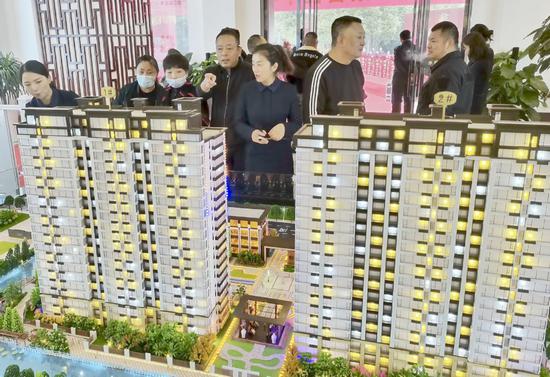
Potential homebuyers look at property models in Huaian, Jiangsu province. (Photo by Chen Liang/For China Daily)
Suzhou in Jiangsu province announced that from Aug 1, 2024, to July 31, 2027, individuals who purchase a house in the city and use it as their place of residence can apply for household registration, or hukou, which is expected to boost the property market and attract new residents, experts said.
Earlier this month, Suzhou removed a number of restrictions on property purchases and adjusted the minimum down payment for first homes from 20 percent to 15 percent and for second homes from 30 percent to 25 percent.
It also allowed commercial banks to independently set interest rates based on customer risk profiles.
Buyers without existing houses or with only one home listed for sale in the residential area can be classified as first-home buyers when applying for a mortgage.
Jin Ke, an analyst from the Suzhou branch of the China Index Academy, said that the city's recent measures are expected to boost housing demand and enhance activity in the real estate market.
"The move is designed to attract non-local residents to purchase homes and settle in Suzhou, thereby potentially stimulating the ongoing population and talent influx, ultimately creating more housing demand for the future real estate market," Jin said.
Suzhou's GDP reached nearly 2.47 trillion yuan ($339 billion) in 2023, a 4.6 percent increase from the previous year, according to the Suzhou Municipal Bureau of Statistics.
By the end of last year, Suzhou's permanent population was 12.95 million, maintaining its position as the largest in Jiangsu.
However, some people hold different opinions toward these recent policies.
"While these policies in Suzhou are aimed at driving consumption and stabilizing investment, their impact may be limited," said Fan Min, a Suzhou bank employee.
"Long-term population growth and increased investment will continue to hinge on economic development," he said. "Additionally, with the current trend of friendliness and equality toward non-local residents, the advantage of local household registration in Suzhou may not be as pronounced, as household registration lacks a strong appeal."
According to the Suzhou housing and urban-rural development bureau, the month of May saw a total of 2,038 new homes sold in Suzhou, reflecting an 8.3 percent decrease compared to April.
It said that in the same month, 4,962 secondhand homes changed hands in Suzhou, marking a decline of 24 percent compared to the previous month.
Several Chinese cities have implemented similar measures to boost housing demand by relaxing household registration policies.
Hangzhou in Zhejiang province announced a real estate policy in May allowing non-local residents who legally own residential properties in the city to apply for household registration.
Also in May, Nanjing, the capital of Jiangsu province, eased household registration conditions, enabling non-local residents with legal and stable residences in the city to directly pursue household registration. Cities such as Shenyang in Liaoning province and Foshan in Guangdong province also broadened their household registration criteria in the same month.
Other Chinese cities to have introduced policies enabling individuals to apply for household registration by purchasing a house include Wuhan, Hubei province; Kunming, Yunnan province; Dalian, Liaoning province; Zhengzhou, Henan province; and Shijiazhuang, Hebei province.










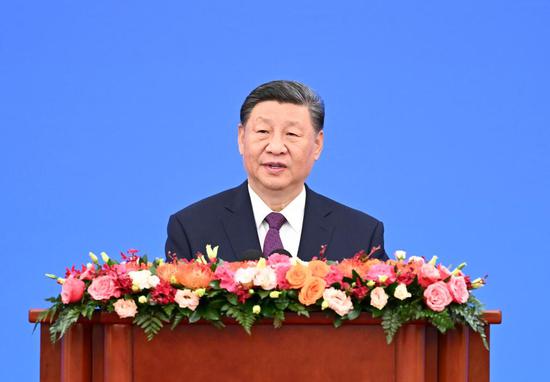

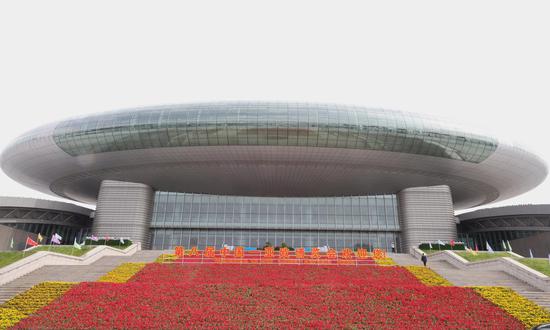




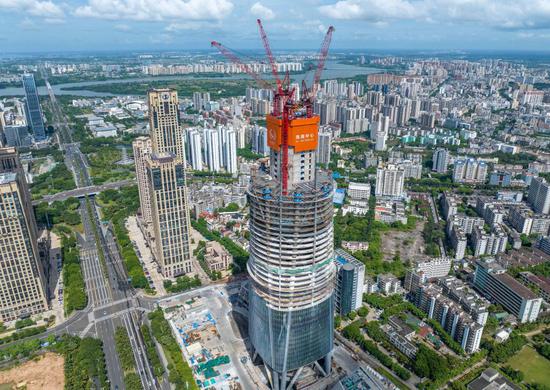





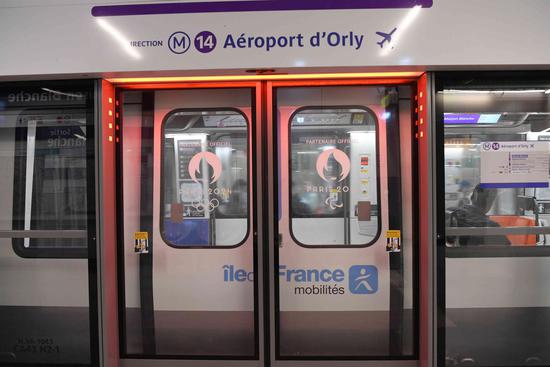





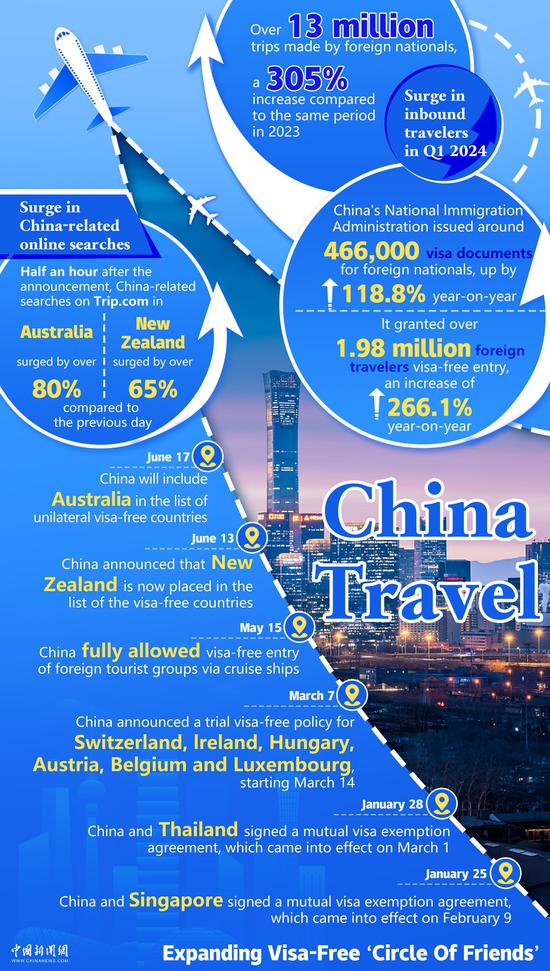






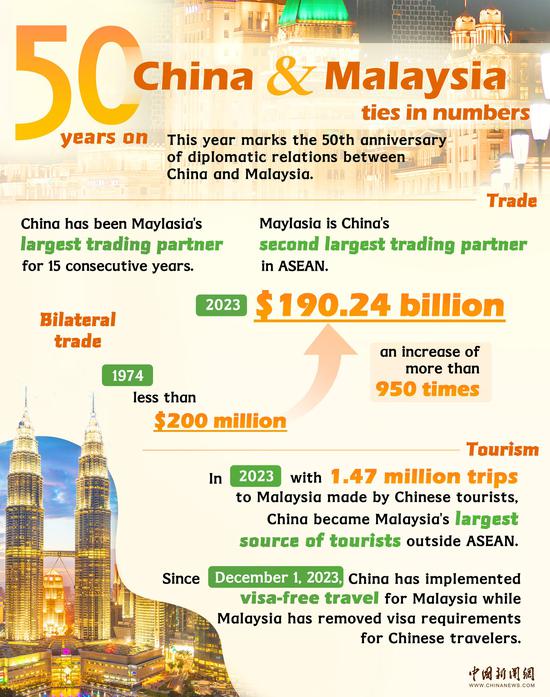

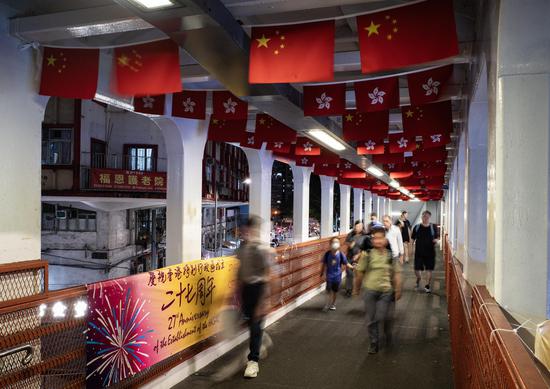











 京公网安备 11010202009201号
京公网安备 11010202009201号